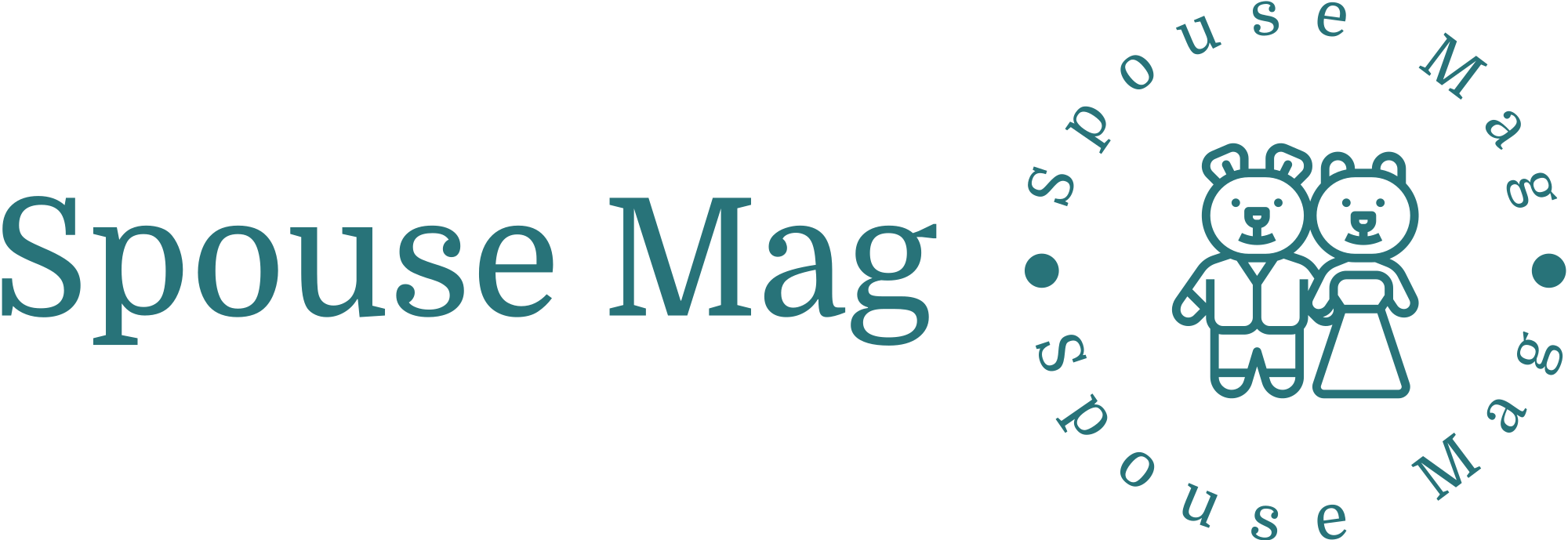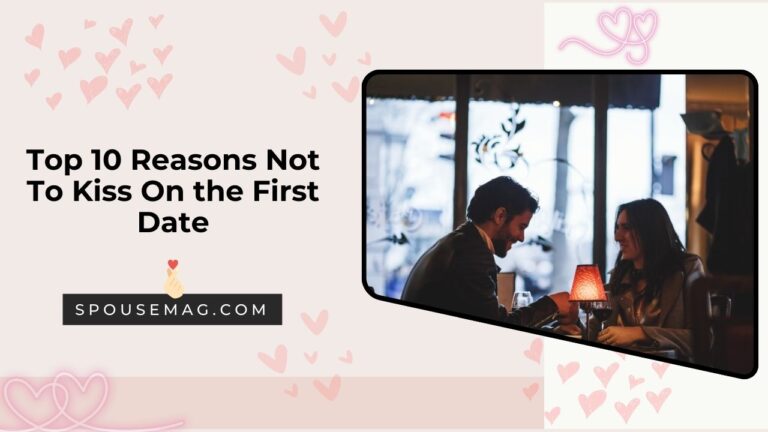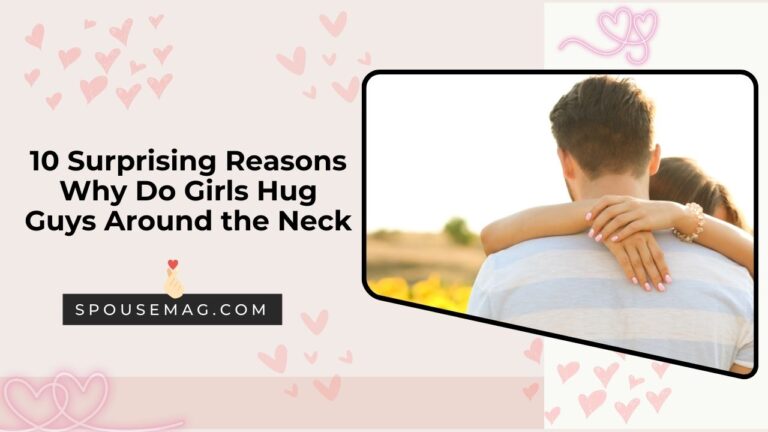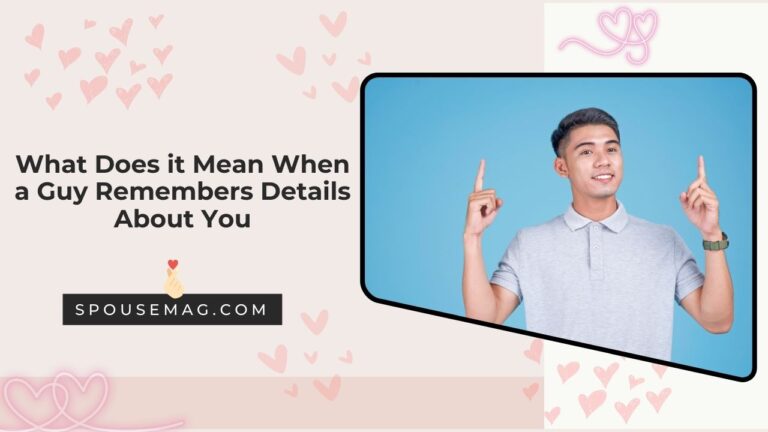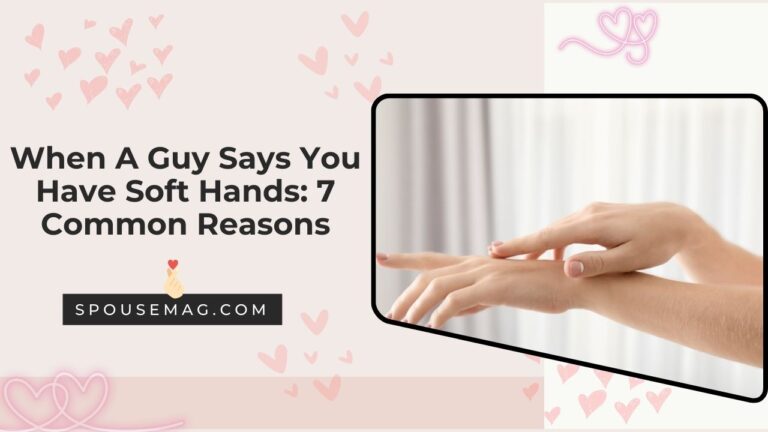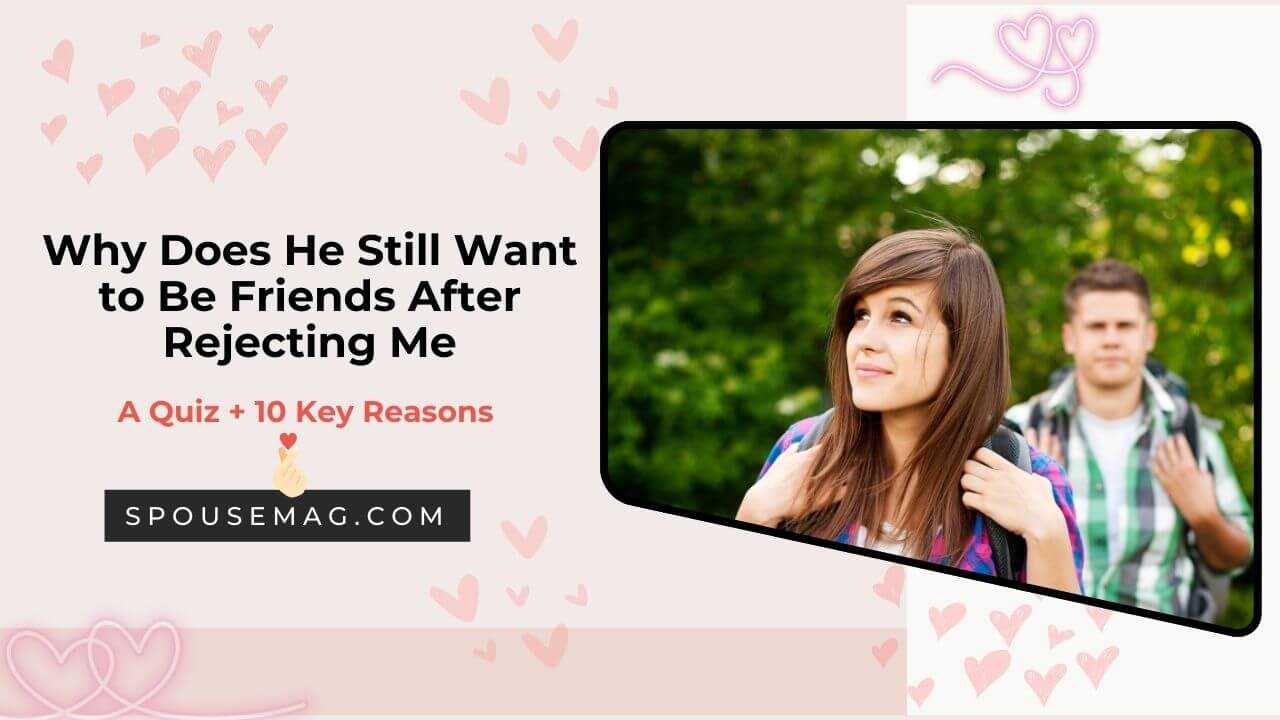
This stems from various motivations, including guilt, unresolved feelings, fear of loss, ego-boosting, convenience, and manipulative intent.
Additionally, he is keeping options open for potential future romantic feelings or demonstrates maturity and respect by not ending the relationship abruptly.
If maintaining the friendship impacts your mental health negatively, reconsider the relationship for the sake of your well-being
Key Takeaways
- He wants to stay friends out of guilt for rejecting you, hoping that maintaining a platonic connection will soften the emotional blow.
- If he isn’t ready for a romantic relationship due to personal issues or ongoing transitions, staying friends allows him to keep you in his life while he works on his readiness for a deeper commitment.
- He might fear losing you entirely and value the emotional comfort, ego boost, and convenience that comes from keeping you as a friend, even if romance is off the table.
Quiz: Why Does He Still Want to Be Friends After Rejecting Me?
10 Reasons Why He Still Wants to Be Friends After Rejecting Me
In this blog post, we’ll explore 10 key reasons behind his desire to keep you in his life, even after rejecting a romantic relationship
1. He’s Guilty
He’s feeling a pang of guilt. By suggesting friendship, he’s trying to soften the blow and maintain a connection, even if it’s on a platonic level.
It’s his way of saying, “I’m sorry for hurting your feelings, but I still value you as a person.”
I once faced a similar situation. After my romantic advances were rejected, my friend suggested we stay friends. I was initially flattered, but soon realized he was using friendship as a shield to avoid the discomfort of a complete breakup.
Alex, 30, from San Francisco, says, “After rejecting someone, I found that staying friends helped me deal with the complex emotions and made it easier to move on without feeling too much guilt.”
2. He’s Not Ready for a Relationship
He likes you but isn’t in a place to commit to a relationship. He’s going through a personal transition, career change, or healing from a previous relationship. These factors significantly impact his readiness for a romantic commitment.
Think of him as a plant that’s not ready to bloom yet. He needs more time, sunlight, and water (self-care and growth) before he’s ready to flourish. Meanwhile, he still wants you around to witness his growth.
3. He Wants to Keep You in His Life
He wants to keep you around for the following reasons:
- Emotional Comfort: Your friendship provides him a safe space to share his feelings and experiences.
- Ego Boost: Maintaining a connection with someone once attracted to him boosts his self-esteem. It reinforces the idea that he’s desirable.
- Fear of Loss: He genuinely values your friendship and is afraid of losing you completely
- Convenience: You might be a convenient companion for social events, outings, or simply someone to share downtime with.
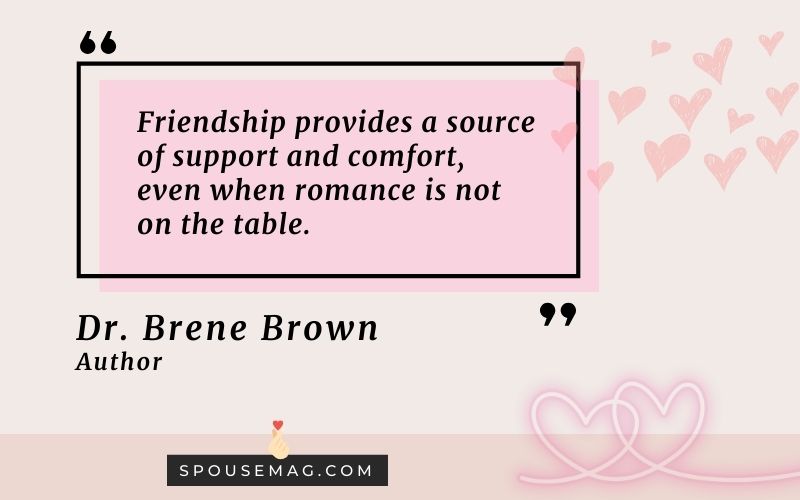
4. He’s Unsure About His Feelings
When a guy says he wants to be friends after rejecting you, it’s easy to assume he’s over you. But what if he’s not? What if he’s unsure of what he wants? I’ve been on the receiving end of this uncertainty, and honestly, it sucks.
This is a confusing time for both parties. He has genuine affection for you but isn’t ready to commit to a romantic relationship. He needs space to explore his emotions.
By staying friends, he keeps the door open for future possibilities without the immediate pressure of a romantic relationship.
5. He Fears Losing You Entirely
Imagine this: You’re a character in a romantic comedy, standing at a crossroads. One path leads to the love story, the other to a platonic paradise. But the twist? The leading man is terrified of choosing the wrong path and losing you entirely. (ouch!)
It’s like being stuck in a state where emotions swing between hope and heartbreak.
Science suggests that humans have a strong loss aversion. It’s in our DNA. So, when someone fears losing you, it’s not just about you; it’s about their sense of security and comfort.
Fun Fact: Did you know that the fear of loss is so powerful that it can even influence our decision-making in areas like finance and health?
6. He Wants to Avoid Awkwardness in Social Circles
He is suggesting friendship to maintain a sense of normalcy within your shared social circle.
Social norms often dictate how we interact with others, especially in shared circles. Your friend feels pressured to maintain a friendly front to avoid gossip, judgment, or uncomfortable questions
I once found myself in a similar situation. After a painful breakup with someone who was part of my social circle, he suggested remaining friends to avoid awkward encounters at parties and gatherings. While I initially agreed to maintain a cordial relationship, I eventually realized that it was hindering my healing process.
7. He Sees You as a Confidant
He confides in you and values your advice and support. Losing a confidant is tough, and he doesn’t want to lose that unique aspect of your relationship.
It’s like having a personal therapist on speed dial. However, this dynamic is emotionally draining if it’s a one-way street.
Imagine yourself as his trusted journal. He pours his thoughts, fears, and dreams into your pages. Just because he doesn’t want to turn it into a love letter doesn’t mean he’s ready to stop writing.
Signs he sees you as a confidant:
- Over-sharing: He unloads his problems, worries, and life drama onto you, but rarely reciprocates.
- Emotional dependency: He relies on you for emotional support but isn’t interested in building a deeper connection.
- Lack of boundaries: He shares intimate details about his life, but you feel you can’t share yours without it being seen as inappropriate.
8. Control and Manipulation
By keeping you close, he ensures that he still holds some influence over your feelings and actions. This is a way to boost his ego and keep you as a backup option in case his other romantic pursuits don’t work out.
I once had a friend named Mark who rejected me but insisted on staying friends. Over time, I realized he would often give mixed signals, keeping me emotionally invested without committing. It felt like he was using our friendship to keep me on standby, ensuring he had my attention whenever he wanted it.
9. He’s Not Ready for the Emotional Commitment
Romantic relationships require emotional commitment, which he is not ready for. By staying friends, he enjoys your company without the heavy emotional demands that come with dating.
| Emotion | Thoughts | Actions |
|---|---|---|
| Fear | “I’m not sure I can handle the depth of a committed relationship.” | Withdrawing emotionally, creating distance |
| Uncertainty | “I value our connection but am unsure about the future.” | Maintaining the status quo, avoiding clear definitions |
| Self-Preservation | “I need to focus on myself before committing to someone.” | Prioritizing personal goals, creating boundaries |
| Insecurity | “I’m afraid of getting hurt or making the wrong choice.” | Hesitancy, indecisiveness |
10. He’s Testing the Waters
Lastly, he is testing the waters. Staying friends allows him to see how well you connect on a deeper level without the immediate pressure of a romantic label. It’s a way for him to understand his feelings better.
By remaining friends, he gradually learns more about you—your likes, dislikes, quirks, and how you handle various situations.
Jake and I decided to stay friends after a failed romantic attempt. We took the time to understand each other’s life goals and personal issues. This cautious approach helped us see that we weren’t ready for a romantic relationship, and it saved us from potential heartbreak
How to Navigate the Friendship
Navigating a post-romantic friendship is tricky. Here are some general strategies to help you navigate through:
- Prioritize Yourself: Focus on your own happiness and personal growth.
- Identify Your Needs: Determine what you hope to gain from the friendship.
- Assess the Benefits: Weigh the pros and cons of maintaining the relationship.
- Trust Your Instincts: If something feels off, it probably is.
Remember, your happiness and well-being are important. It’s okay to prioritize your needs and create a life that fulfills you.
When It’s Best to Walk Away
- Your boundaries are consistently crossed, or your feelings are disregarded.
- The friendship is causing you more stress and anxiety than joy.
- Your friend engages in manipulative or harmful behavior.
- You feel stagnant or held back in your personal development.
How to Let Go
- If you feel comfortable, have a respectful conversation about your reasons for ending the friendship.
- Limit contact or gradually distance yourself.
- Prioritize your emotional well-being and personal growth.
Conclusion
Understanding the underlying reasons provides clarity and helps you manage your emotions more effectively. From fears of emotional vulnerability to respect and admiration for you, there are many factors at play.
Remember, maintaining a friendship after rejection doesn’t diminish your worth or the significance of the relationship you shared. If staying friends feels right for you, embrace it with an open heart. If not, it’s perfectly okay to set boundaries and prioritize your emotional health.

As a married wife, founder, and editor of SpouseMag.com – these guides are based on my own personal experiences, observations, research and insights. I am transparent about being inspired by the life and work of the two greatest experts in the relationship space – Dr. John and Julia Gottman, and Harville and Helen. They two are some of the strongest couples, researchers, authors, and counselors when it comes to marriage and relationships. My advice and guides are based on my insights and research, and they are not an alternative to professional advice.
